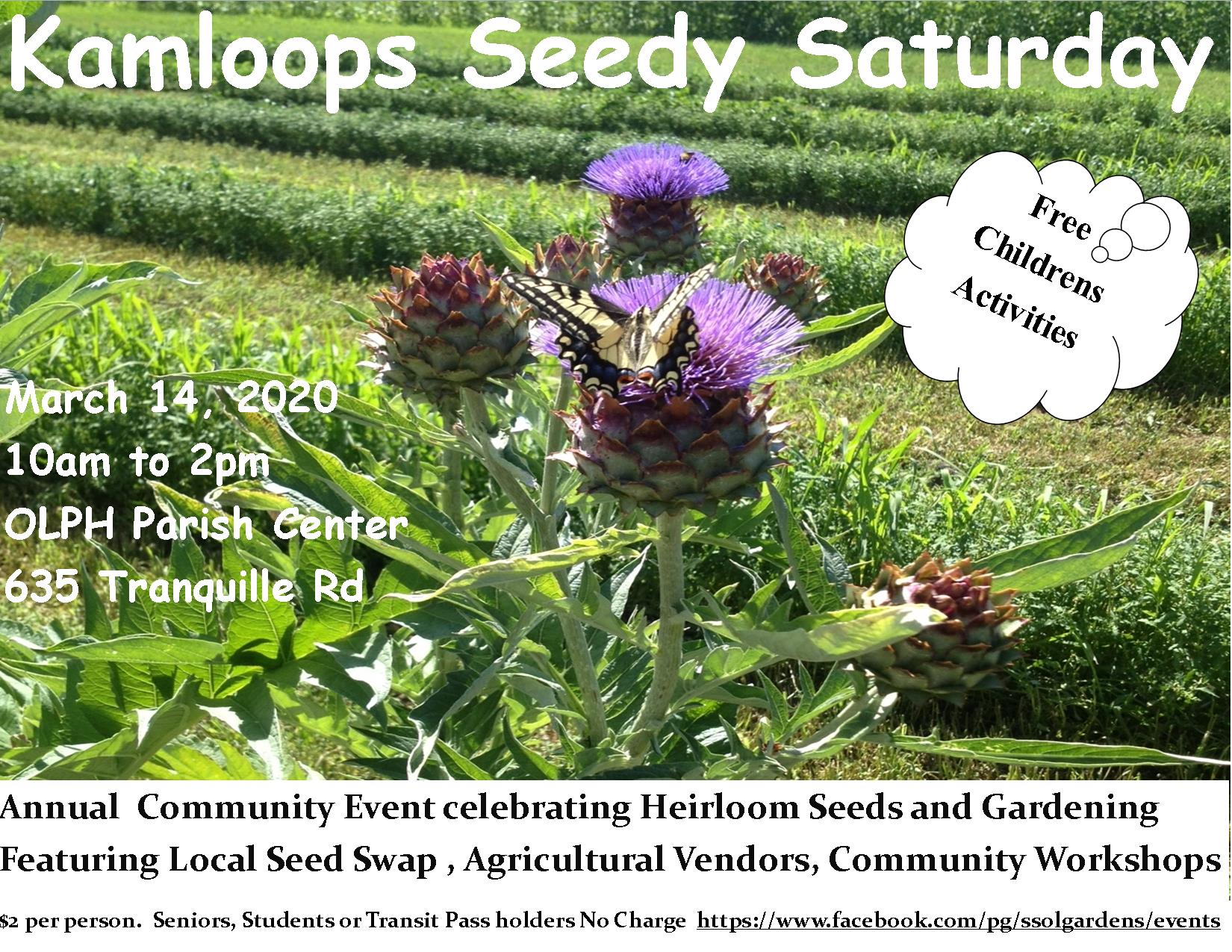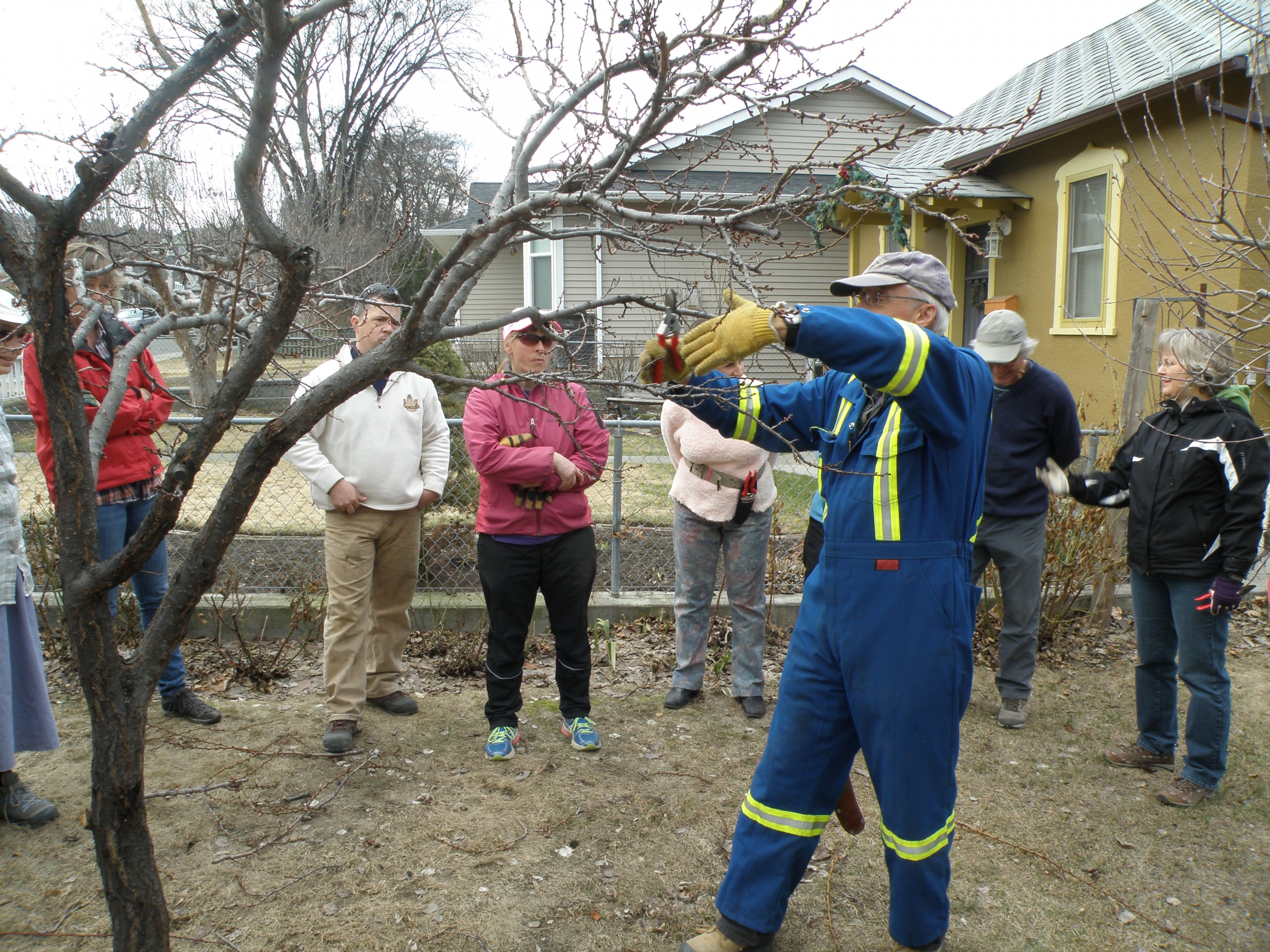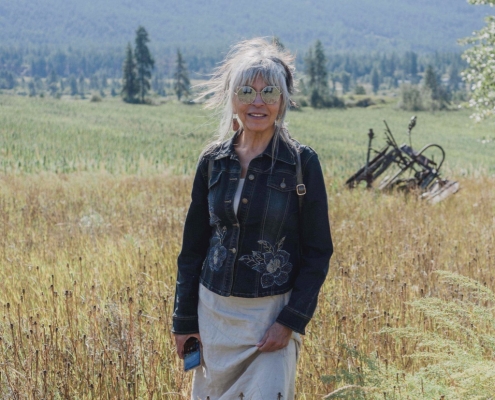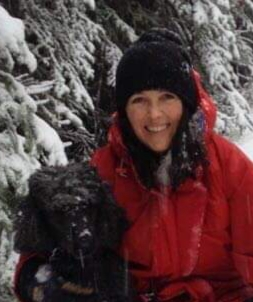
March 4, 2020
Network Meeting Summary
Thank you to Emily Pletsch and Keira McPhee for
collaborating on the network meeting summary!
Our fullest house yet took in a Panel Discussion with Dawn Morrison, Joanne Taylor and Ananda Lee Tan on climate chaos mitigation, particularly relating to water. All three panelists presented on the current climate crisis and the importance of having Indigenous voices as key navigators in dealing with this crisis. The critical role water plays in Indigenous Food Sovereignty was presented, as well as the impact water has on all biodiversity and food availability. Each panelist presented on their work and importance of making substantial shifts and transformations in our current system to deal with the climate crisis.
Dawn Morrison
Dawn Morrison is the founder and curator of the Working Group on Indigenous Food Sovereignty since 2006. Food sovereignty requires healthy territory and a diversity of species. Its paradigm moves away from the present production narrative, and resource extraction as the base of our economy, to a solidarity or sharing economy. It is clear that existing systems can’t deal with the complexity.
The working group launched the Indigenous Food and Freedom School in 2019. The school was created to build capacity , build Indigenous leadership, and address underlying issues. Other focus areas of the school include creating emancipatory learning materials, policy primers, alternative economic development, and working with natural water flow systems–not against them. Dawn spoke to the importance of protecting water, a concept expressed through yecwemenetkwe in Secwepemctsin, and the vital role water plays in Indigenous Food Sovereignty.
Water rights are a part of the land and this is complicated by multi-jurisdictional challenges, wherein various levels of government districts don’t overlap with the watersheds. When questions or issues arise, no one will take on the responsibility of addressing it. An example of this is playing out on the Neskonlith reserve where there is no Indigenous access to water for irrigation and access to the Neskonlith Lake dam is on private land. A second example discussed the Imperial Mines disaster at Mount Polley — the corporation has not been held accountable for reparation (and continues to operate with government approval).
Dawn discussed shifting the narrative and creating ethical spaces of engagement, posing the questions: How can Indigenous law interface with the changes that are needed? How can Indigenous Peoples be the voices of this change? Ethical spaces of engagement means recognizing and acting from an awareness that Indigenous peoples on the front lines of the eco-crisis/climate change (e.g., stopping pipelines, industrial agriculture, forestry where glyphosate is sprayed) are also the most vulnerable according to all of the social determinants of health.
Dawn presented a Cross Cultural Interface Framework: Decolonizing Food Systems Research and Relationships, that helps identify land/food strategies that are complementary with Indigenous Food Sovereignty (e.g., hunting, fishing, trading, gardening, small scale farming). The framework reveals strategies that show how Indigenous law and governance interface with the changes that are needed. It also reveals contradictions via wicked questions, which can open up potential for transformation when considered intentionally.
Joanne Taylor
Joanne Taylor is a post doctoral research fellow in agricultural climate change adaptation and policy at UBCO. Joanne presented her research on the impacts of colonialism in the Creston Valley in British Columbia. Joanne spoke to the land’s history of providing abundant food sources for Indigenous communities over millennia. Current development in the area has ongoing detrimental impacts on biodiversity and food procurement. Joanne spoke to the devastating environmental impacts of these developments and the ongoing expansions, which continue to subordinate Indigenous peoples and their decision making. Joanne spoke to the upcoming 2024 Columbia River Treaty discussions and the importance of having Indigenous peoples as leading decision makers because an inherent sacred responsibility for the land exists among Indigenous peoples.
Ananda Lee Tan
Ananda has been supporting global social movements for over 30 years. Ananda is a co-founder of the Climate Justice Alliance and a member of the Working Group on Indigenous Food Sovereignty. Ananda spoke to the knowledge of those who walked before us and using this knowledge to understand how to tackle climate issues (through climate justice solutions, just transition, and a solidarity economy). Ananda spoke to the BC climate change risk assessment and presented three critiques:
- the assessment does not center the voices of those communities and cultures who are most impacted and therefore have experience (Ananda shared a story of two men standing on a beach watching a tsunami approach. One is a scientist who runs off in one direction and the other is a fisherman who runs in the other direction — who would you follow?),
- the issues addressed are limited (“carbon reductionism”) and do not recognize innate connections (nature is zero waste), such as the loss of biodiversity, culture, and title, and
- the assessment does not acknowledge the root drivers of this crisis, which are global mega-corporations. We need to remember that there are names and faces responsible for this climate crisis — which is where our efforts need to be focused. Our individual strategies to mitigate waste are not responsible for driving the climate crisis (this only accounts for 8% of waste, whereas corporate waste/extraction/destruction/pollution accounts for the rest).
Ananda spoke to the current “dig, burn, drive, dump” economy and the current system operating on greed rather than community. He also shared a cautionary tale about how movements can be co-opted by the agenda of industry. An example was provided where methane was being held up as an excellent alternative fuel — a campaign that was taken up by Greenpeace. This was an example of accepting money from philanthropists to focus on strategies that are devised by the oil and gas industry. When Ananda took this strategy to La Via Campesina, they were able to call it out right away.
Ananda spoke to a just transition and posed the questions: What is the economy we need to create? Where are the jobs that serve the environment? Where are the real jobs?
Next Meeting: Wednesday, April 1st, 5:30-7:30
Updates from Robyn & Emily (regarding KFPC’s value statements) and Bonnie (regarding a project happening with nursing students)
Chair: Glenn Hilke
Set Up:
Clean Up:













